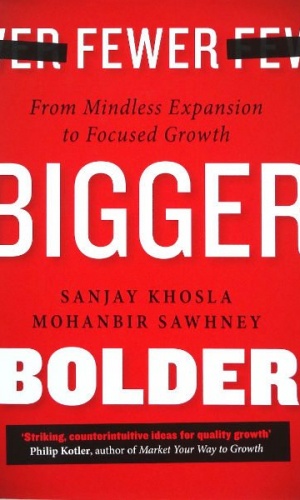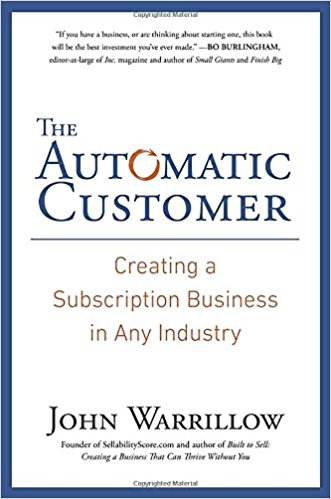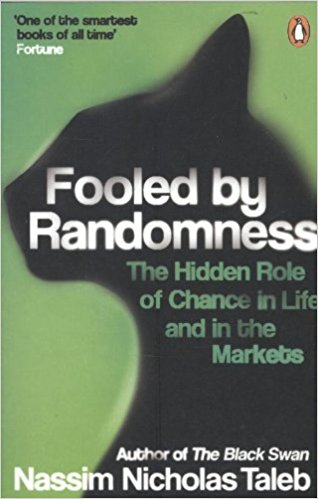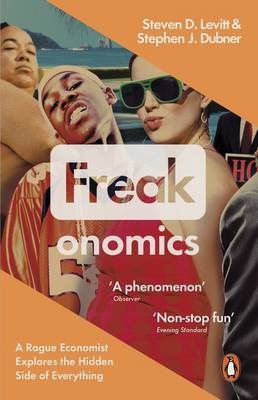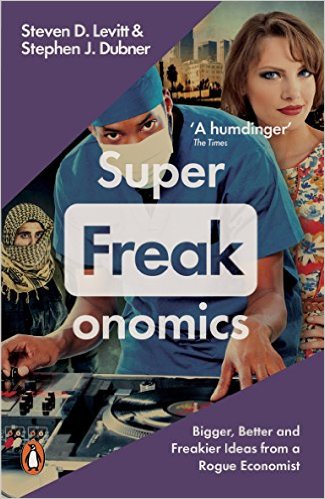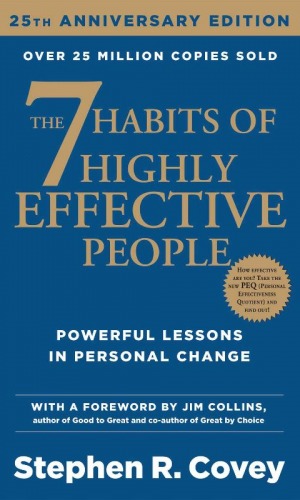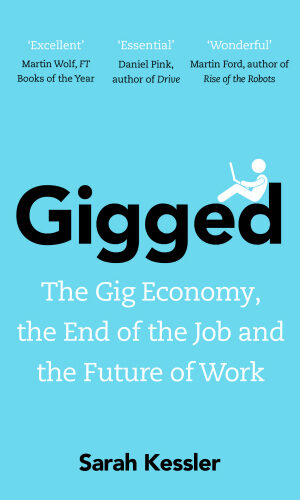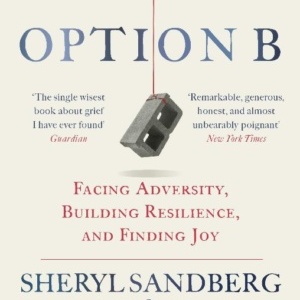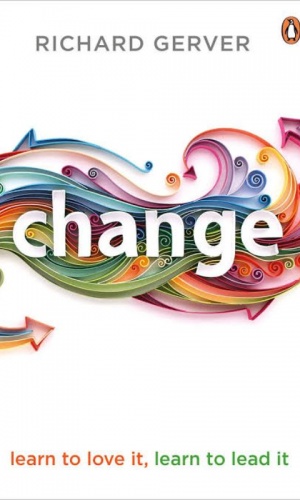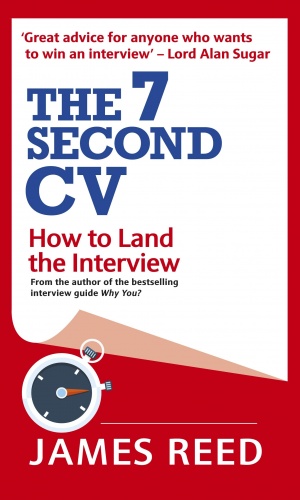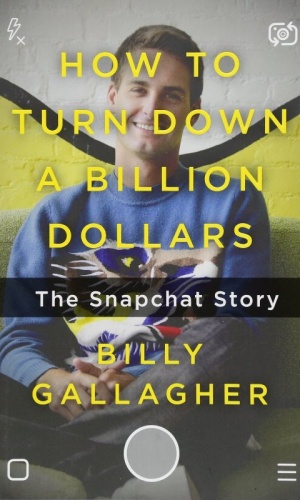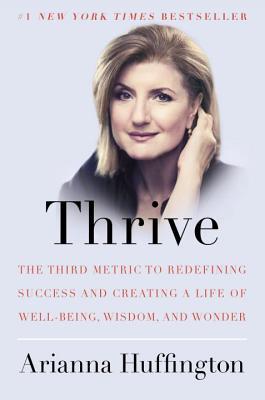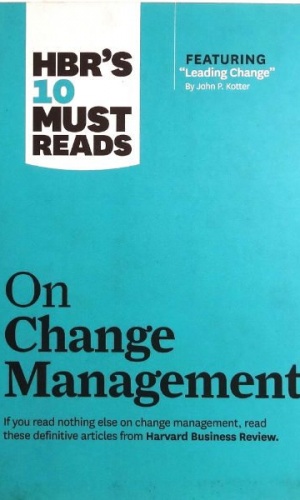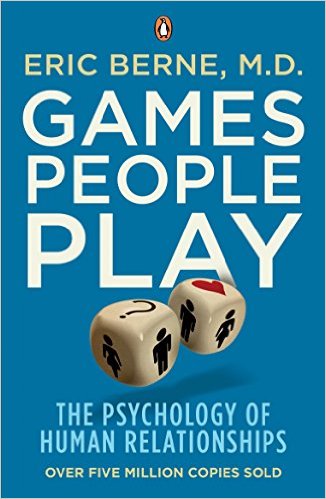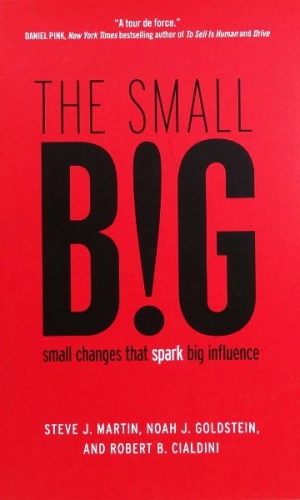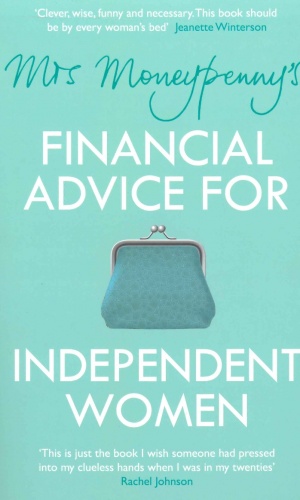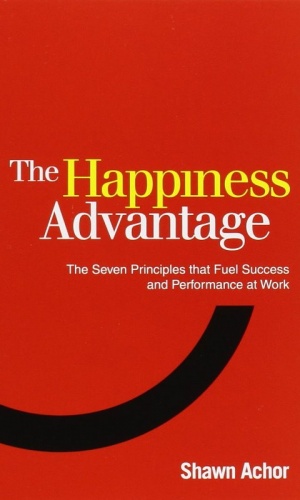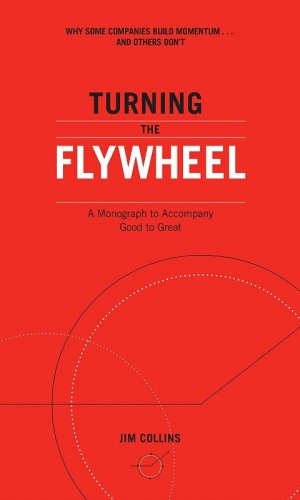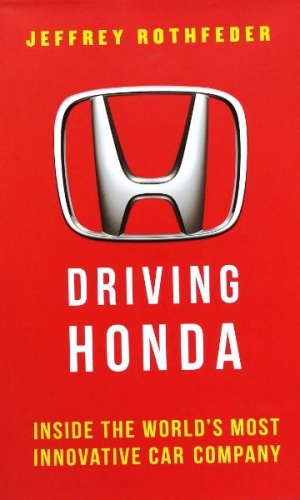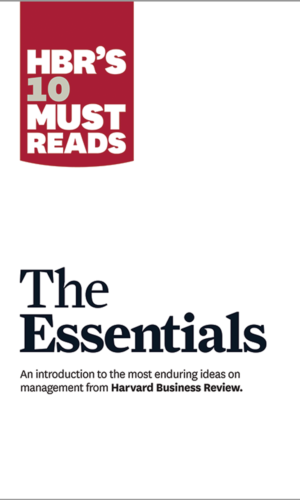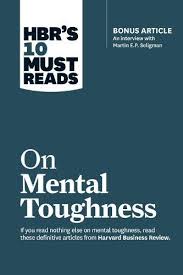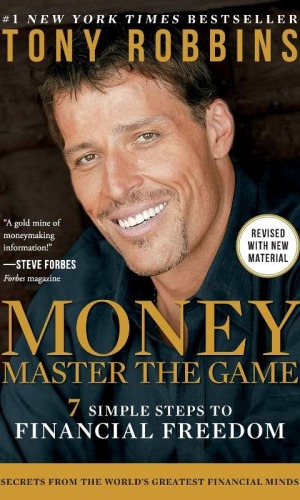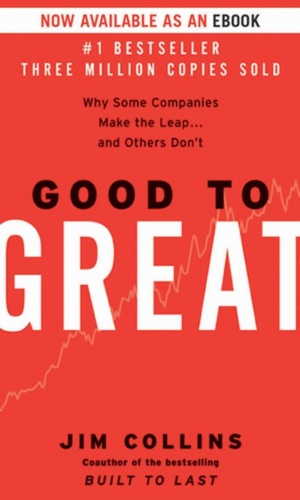-
Fewer bigger bolder
?When it comes to growing revenues, not all dollars are equal.?
In company after company that Sanjay Khosla and Mohanbir Sawhney worked for or researched, they saw businesses taking on more products, more markets, more people, more acquisitions?adding more of everything except what really mattered: sustainable and profitable growth.
₦4,400 -
The automatic customer
These days virtually anything you need can be purchased through a subscription, with more convenience than ever before. Far beyond Spotify, Netflix, and New York Times subscriptions, you can sign up for weekly or monthly supplies of everything from groceries (AmazonFresh) to cosmetics (Birchbox) to razor blades (Dollar Shave Club).
₦4,350 -
Fooled by Randomness
Everyone wants to succeed in life. But what causes some of us to be more successful than others? Is it really down to skill and strategy – or something altogether more unpredictable?
₦4,350 -
Wake up
We all know the feeling of driving a long distance and arriving at our destination with little memory of the journey. That’s because when we are doing routine activities our subconscious takes over to save energy: we are on autopilot.
₦4,350 -
Freakonomics
Assume nothing, question everything.This is the message at the heart of Freakonomics, Levitt and Dubner’s rule-breaking, iconoclastic book about crack dealers, cheating teachers and bizarre baby names that turned everyone’s view of the world upside-down and became an international multi-million-copy-selling phenomenon.’
₦4,350 -
Superfreakonomics
The international bestselling Freakquel to Levitt and Dubner’s Freakonomics, this book sees them looking deeper, questioning harder and uncovering even more hidden truths about our world, from global cooling to patriotic prostitutes, drunk walking to why suicide bombers should buy life insurance.
₦4,350 -
The 7 Habits of Highly Effective People
Habits of Highly Effective People. the beloved classic that has sold over 20 million copies worldwide. is celebrating its 25th anniversary with this reissue! With a new foreword. the wisdom of the 7 Habits still holds true after all these years The 7 Habits have become so famous because they work They have been integrated into everyday thinking by many millions of people The reason:…
₦4,300 -
-
Option B
After the sudden death of her husband, Sheryl Sandberg felt certain that she and her children would never feel pure joy again. “I was in ‘the void,’” she writes, “a vast emptiness that fills your heart and lungs and restricts your ability to think or even breathe.” Her friend Adam Grant, a psychologist at Wharton, told her there are concrete steps people can take to recover and rebound from life-shattering experiences. We are not born with a fixed amount of resilience. It is a muscle that everyone can build.
₦4,200 -
Change
This book will give you all you need to understand change, to adapt to change, and to inspire others to do the same. The pace of change is greater than ever. We all face new challenges every day in our jobs and in our personal lives. Those who can handle change are the most fulfilled. Those who fear change will find it hardest to thrive. As a head teacher, Richard Gerver famously transformed a failing school into one of the most acclaimed learning environments in the world—in just two years. He inspired staff and teachers to reach their full potential. As a hugely popular speaker and author, he now helps individuals and companies to embrace change. This book is his powerful personal reflection on change.
₦4,200 -
The 7 Second CV
It takes an employer just seven seconds to save or reject a job applicant’s CV. In this book, James Reed – chairman of REED, Britain’s largest recruitment company – offers invaluable and specific advice on what employers want to see in the CVs they receive and how you can stand out from the crowd.
₦4,200 -
How To Turn Down a Billion Dollars
In How to Turn Down a Billion Dollars, tech journalist Billy Gallagher takes us inside the rise of one of Silicon Valley’s hottest start-ups. Snapchat developed from a simple wish for disappearing pictures as Stanford junior Reggie Brown nursed regrets about photos he had sent. After an epic feud between best friends, Brown lost his stake in the company, while Spiegel has gone on to make a name for himself as a visionary―if ruthless―CEO worth billions, linked to celebrities like Taylor Swift and his wife, Miranda Kerr.
₦4,200 -
Thrive
In Thrive, Arianna Huffington makes an impassioned and compelling case for the need to redefine what it means to be successful in today’s world.
Arianna Huffington’s personal wake-up call came in the form of a broken cheekbone and a nasty gash over her eye — the result of a fall brought on by exhaustion and lack of sleep.
₦4,200 -
Hbr- 10 Must Read On Change Management
Most company’s change initiatives fail. Yours don’t have to.
If you read nothing else on change management, read these 10 articles (featuring ?Leading Change,? by John P. Kotter). We’ve combed through hundreds of Harvard Business Review?articles and selected the most important ones to help you spearhead change in your organization.
₦4,200 -
Games people play
The bestselling Games People Play is the book that has helped millions of people understand the dynamics of relationships, by psychiatrist Eric Berne.
We all play games. In every encounter with other people we are doing so. The nature of these games depends both on the situation and on who we meet.
₦4,050 -
The Small Big – Small Changes That Spark Big Influence
At some point today you will have to influence or persuade someone – your boss, a co-worker, a customer, client, spouse, your kids, or even your friends. What is the smallest change you can make to your request, proposal or situation that will lead to the biggest difference in the outcome?
In The small BIG, three heavyweights from the world of persuasion science and practice — Steve Martin, Noah Goldstein and Robert Cialdini — describe how, in today’s information overloaded and stimulation saturated world, increasingly it is the small changes that you make that lead to the biggest differences.₦4,050 -
Mrs Money Pennys Financial Advice For Independent Women
Get a money makeover from the legendary FT columnist, Mrs Moneypenny, author of Mrs Moneypenny’s Careers Advice for Ambitious Women. Why do personal finances present such a hurdle for women? And what can we do about it?
₦4,000 -
The Happiness Advantage
Our most commonly held formula for success is broken. Conventional wisdom holds that if we work hard we will be more successful, and if we are more successful, then we’ll be happy. If we can just find that great job, win that next promotion, lose those five pounds, happiness will follow. But recent discoveries in the field of positive psychology have shown that this formula is actually backward: Happiness fuels success, not the other way around. When we are positive, our brains become more engaged, creative, motivated, energetic, resilient, and productive at work. This isn’t just an empty mantra. This discovery has been repeatedly borne out by rigorous research in psychology and neuroscience, management studies, and the bottom lines of organizations around the globe.
In The Happiness Advantage, Shawn Achor, who spent over a decade living, researching, and lecturing at Harvard University, draws on his own research—including one of the largest studies of happiness and potential at Harvard and others at companies like UBS and KPMG—to fix this broken formula. Using stories and case studies from his work with thousands of Fortune 500 executives in 42 countries, Achor explains how we can reprogram our brains to become more positive in order to gain a competitive edge at work.
Isolating seven practical, actionable principles that have been tried and tested everywhere from classrooms to boardrooms, stretching from Argentina to Zimbabwe, he shows us how we can capitalize on the Happiness Advantage to improve our performance and maximize our potential. Among the principles he outlines:
₦3,900 -
Turning The Flywheel
A companion guidebook to the number-one bestselling Good to Great, focused on implementation of the flywheel concept, one of Jim Collins’ most memorable ideas that has been used across industries and the social sectors, and with startups.
The key to business success is not a single innovation or one plan. It is the act of turning the flywheel, slowly gaining momentum and eventually reaching a breakthrough. Building upon the flywheel concept introduced in his groundbreaking classic Good to Great, Jim Collins teaches readers how to create their own flywheel, how to accelerate the flywheel’s momentum, and how to stay on the flywheel in shifting markets and during times of turbulence.
₦3,900 -
Driving honda
Since its birth as a motorcycle company in 1949, Honda has steadily grown into one of the world?s largest automakers and engine manufacturers, as well as one of the most beloved, most profitable, and most consistently innovative multinational corporations. What drives the company that keeps creating and improving award-winning and bestselling models like the Civic, Accord, Odyssey, CR-V, and Pilot?
₦3,900 -
-
Robbins: Money Master The Game
Tony Robbins is one of the most revered writers and thinkers of our time. People from all over the world—from the disadvantaged to the well-heeled, from twenty-somethings to retirees—credit him for giving them the inspiration and the tools for transforming their lives. From diet and fitness, to business and leadership, to relationships and self-respect, Tony Robbins’s books have changed people in profound and lasting ways. Now, for the first time, he has assembled an invaluable “distillation of just about every good personal finance idea of the last forty years” (The New York Times).
Based on extensive research and interviews with some of the most legendary investors at work today (John Bogle, Warren Buffett, Paul Tudor Jones, Ray Dalio, Carl Icahn, and many others), Tony Robbins has created a 7-step blueprint for securing financial freedom.
₦3,800 -
Good To Great
To find the keys to greatness, Collins’s 21-person research team read and coded 6,000 articles, generated more than 2,000 pages of interview transcripts and created 384 megabytes of computer data in a five-year project. The findings will surprise many readers and, quite frankly, upset others.
₦3,800₦4,350

